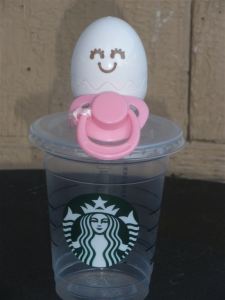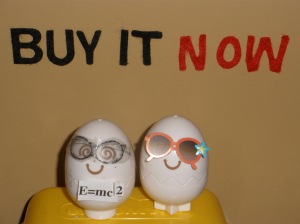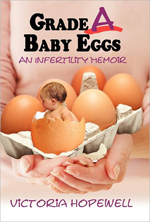Both high-end egg donor auctions and freebee sperm giveaways are banned. There was a spectacular, red carpet auction of models’ eggs. A fashion photographer was asking up to $150,000 for the donors’ eggs. There was an outcry against the selling of exorbitantly priced women’s flesh on the auction block, and this 1999 auction was shut down. eBay also took a stand and outlawed the selling of donor eggs on its site.
Fast forward eleven years later. The “Sotheby’s” of donor egg auctions never happened, and now the Starbucks sperm drop box is closed. Men were ejaculating in the Starbucks restrooms to make their sperm donations. One man was arrested for giving his sperm away because it was untested for communicable diseases. He already had 50 “encounters” by passing a cup, chock full of sperm, to the waiting woman who used a turkey baster method or cervix cup to transfer the sperm. The man had altruistic motives, and he was willing to forgo direct pleasure with the sperm recipient. Indeed the 36 year old man was still a virgin waiting for the right one before consummation.
Ideally one day there will be a middle ground solution. There won’t be price gauging to pay for certain desirable genetic characteristics of the sperm or egg donors. But on the other extreme, infertile women won’t have to resort to restaurant restrooms to obtain free sperm from men off the street. Infertility is a multi-billion dollar largely unregulated industry that needs carefully thought out guidelines for how to enable infertile men and women to bear a child.





